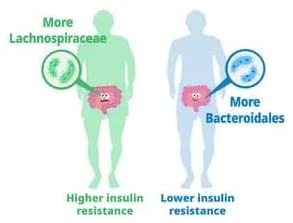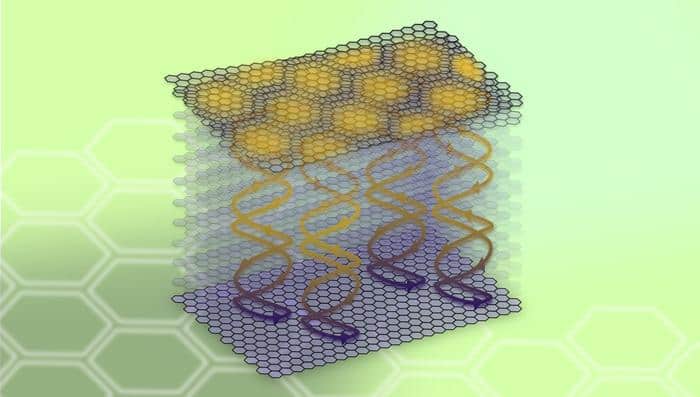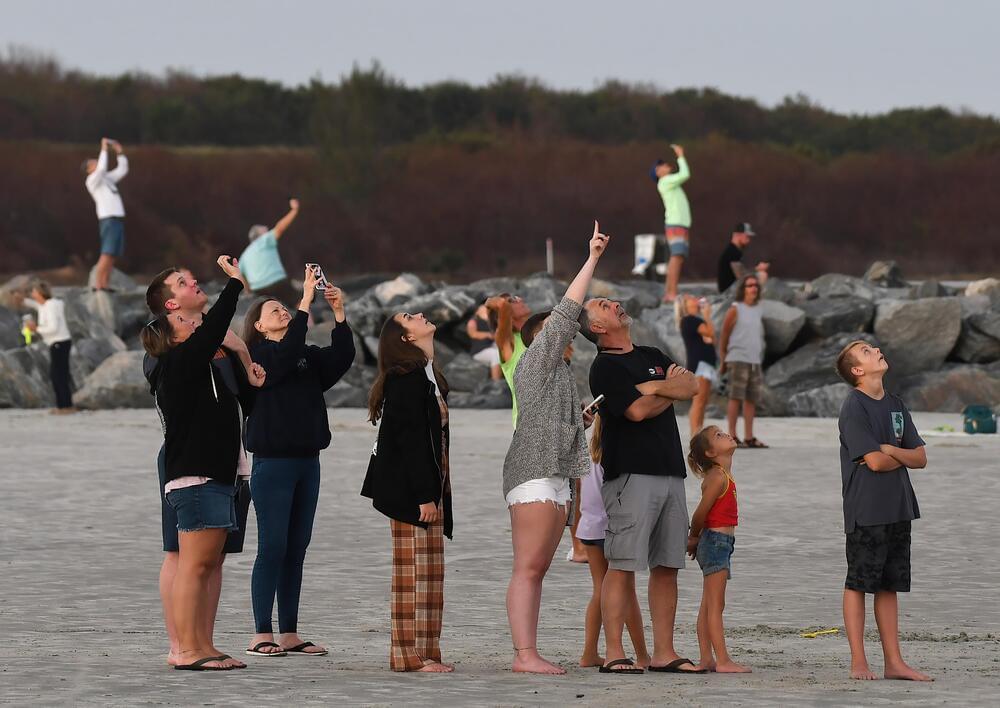
Researchers led by Hiroshi Ohno at the RIKEN Center for Integrative Medical Sciences (IMS) in Japan have discovered a type of gut bacteria that might help improve insulin resistance, and thus protect against the development of obesity and type-2 diabetes. The study, published August 30 in the scientific journal Nature, involved genetic and metabolic analysis of human fecal microbiomes and then corroborating experiments in obese mice.
Insulin is a hormone released by the pancreas in response to blood sugar. Normally, it helps get the sugar into the muscles and liver so that they can use the energy. When someone develops insulin resistance, it means that insulin is prevented from doing its job, and as a result, more sugar stays in their blood and their pancreas continues to make more insulin. Insulin resistance can lead to obesity, pre-diabetes, and full-blown type-2 diabetes.
Our guts contain trillions of bacteria, many of which break down the carbohydrates that we eat when they would otherwise remain undigested. While many have proposed that this phenomenon is related to obesity and pre-diabetes, the facts remain unclear because there are so many different bacteria and there is a lack of metabolic data. Ohno and his team at RIKEN IMS have addressed this lack with their comprehensive study, and in the process, discovered a type of bacteria that might help reduce insulin resistance.
 עברית (Hebrew)
עברית (Hebrew)








